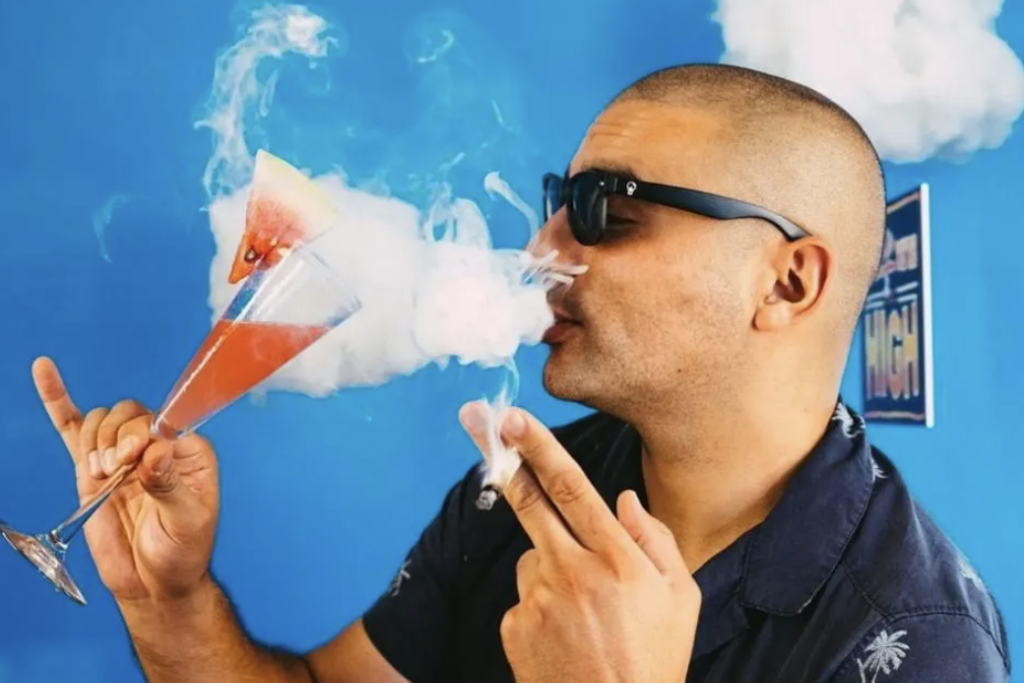The National Television Council of Chile (CNTV) has imposed a significant fine on TV channel Universidad de Chile Televisión for airing a show that allegedly promoted recreational marijuana use during a time slot inappropriate for minors.
The penalty, amounting to 20 Monthly Tax Units (UTM), equivalent to approximately 1.2 million Chilean pesos (around $1308), was triggered by the airing of an episode of the program “Extraordinary Jobs” in November 2023. In this episode, the media personality and cannabis industry entrepreneur Simón Espinosa appeared on screen smoking marijuana and explaining the different varieties and uses of the plant for adults.
Reactions And Complaints
The show received multiple complaints from viewers who argued that the dangers of drug use were not adequately condemned. One complaint highlighted: “The program does not emphatically condemn drug addiction or the physical and psychological dangers of drugs. Moreover, the program glorifies drug use by calling an addict’s job extraordinary; this is a terrible example for children and youth on a public television channel.”
The CNTV decided to act on these complaints, arguing that the content of the show violated the regulations concerning the proper functioning of television services, particularly regarding the protection of minors. According to the entity, the program breached the established rules meant to shield young audiences from inappropriate content.
Simón Espinosa’s Response
Simón Espinosa, who runs the specialized media outlet En Volá, dedicated to cannabis culture and entertainment, responded to the fine on his Instagram account: “Interesting to think that a public TV channel was fined for showcasing my work and a message about preventing adolescent consumption. I hope the public can now sleep peacefully knowing their safety has been safeguarded.”
This incident reignites the debate on how sensitive topics like marijuana use should be handled in the media. While some defend the need to address these issues openly and educationally, others insist on setting clear boundaries to protect minors. This particular case underscores the importance of a balanced and responsible approach when discussing health and wellness topics in the media, as well as the clear need to educate society about the benefits of cannabis and its distinction from more dangerous and addictive substances.
The case also highlights the ongoing tension between freedom of expression and the need for regulation in the media —a delicate balance that will continue to be a subject of debate in Chilean society.
H/T: www.benzinga.com



